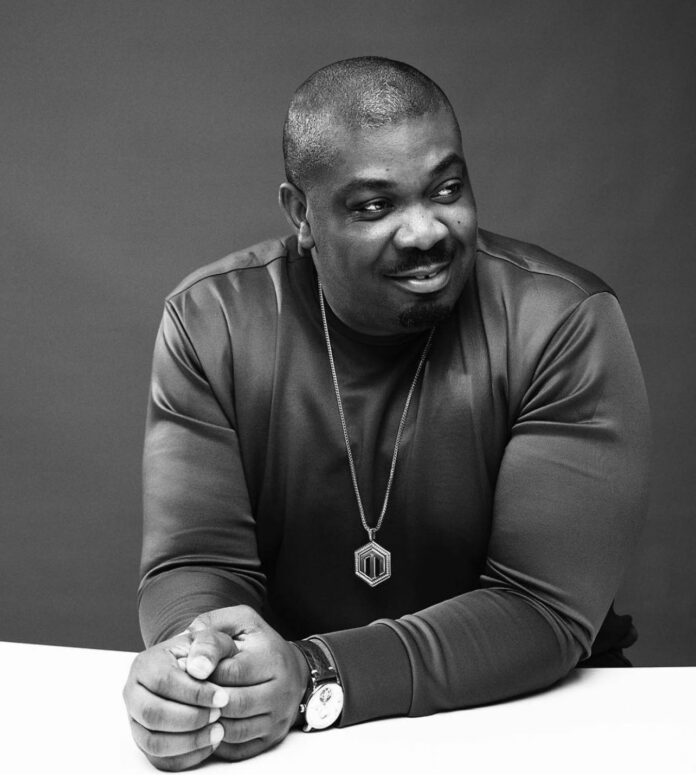In the world of Nigerian entertainment, where music stars, actors, and influencers are revered like demigods, the allure of fame often overshadows a grimmer reality. Take the case of a beloved Afrobeats singer who, despite his glittering public persona, struggled with depression, eventually seeking therapy after years of silent suffering.
Or consider a famous Nollywood actress, whose bright smile on red carpets concealed her battles with anxiety and a manipulative manager who drained her finances and self-esteem. These instances are not isolated; they highlight a pervasive issue in the Nigerian entertainment industry—the psychological toll of fame and the exploitation of celebrities by those they trust most.

Managers and agents play a crucial role in the careers of celebrities, often handling negotiations, publicity, and overall career strategy. However, in Nigeria, there have been numerous reports of these trusted figures exploiting their clients. Managers may take a larger cut of earnings than agreed upon, exert control over personal decisions, and even manipulate the artist’s image and public persona to suit their own financial goals.
This manipulation can lead to a profound sense of helplessness and loss of autonomy for the celebrities involved.
This incessant media pressure can lead to severe anxiety and identity issues. Celebrities may feel compelled to conform to unrealistic standards and personas, further distancing themselves from their authentic selves.
The stress of living a double life—one for the public and one in private—can lead to severe mental health issues, including depression, anxiety, and even substance abuse as a coping mechanism.
Beyond emotional manipulation, financial exploitation is rampant. Many Nigerian celebrities have shared stories of financial mismanagement by their handlers, who take advantage of their trust and lack of financial literacy.

This can leave celebrities in dire financial straits, despite outward appearances of wealth and success. The betrayal of trust and the subsequent financial instability can cause significant psychological distress.
The stigma surrounding mental health in Nigeria further exacerbates these problems, making it difficult for celebrities to seek help openly.
However, the industry as a whole still lacks the necessary support systems to protect its stars from the darker sides of fame.
The glitzy mask of fame often masks the harsh realities faced by Nigerian celebrities. The psychological manipulation and exploitation by managers, agents, and the media create an environment rife with stress, anxiety, and depression.
As the entertainment industry continues to grow, it is crucial to address these issues and provide adequate support to its stars. Only then can the industry ensure that the pursuit of stardom does not come at the cost of mental well-being and personal dignity.




